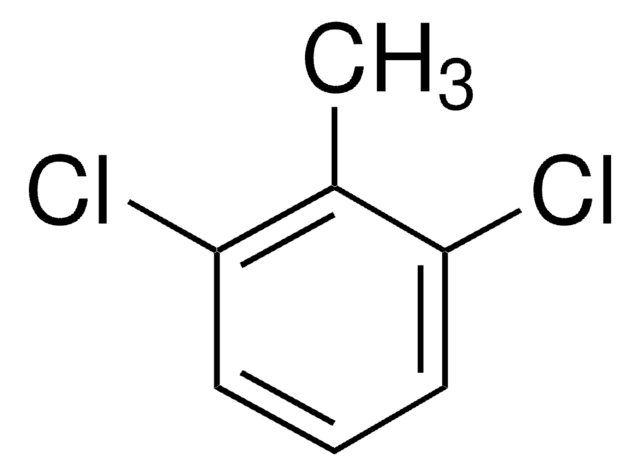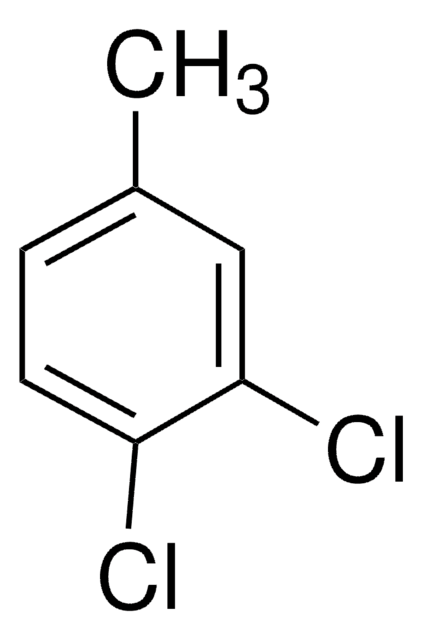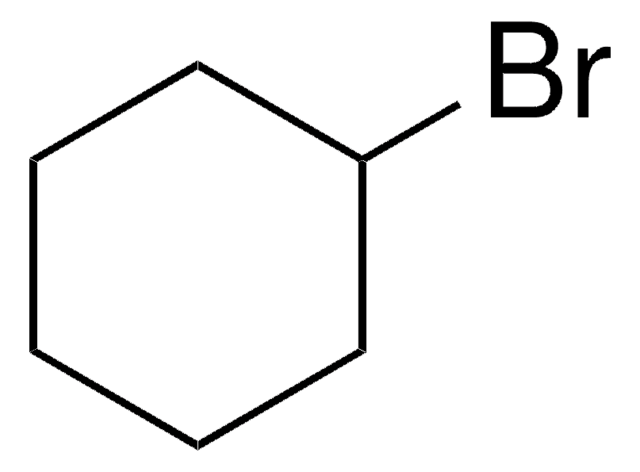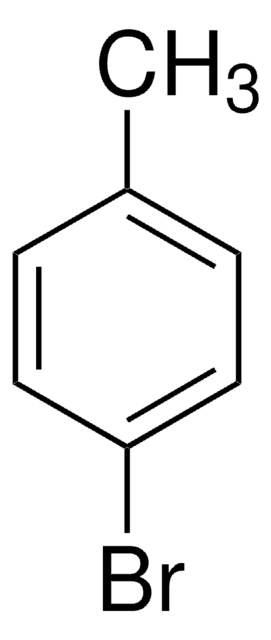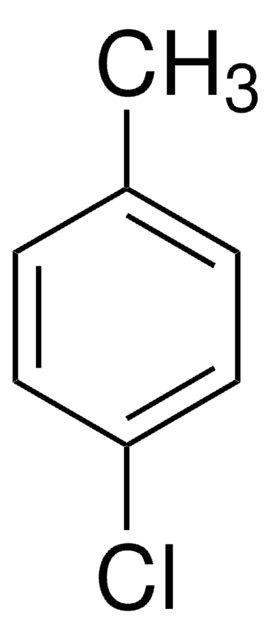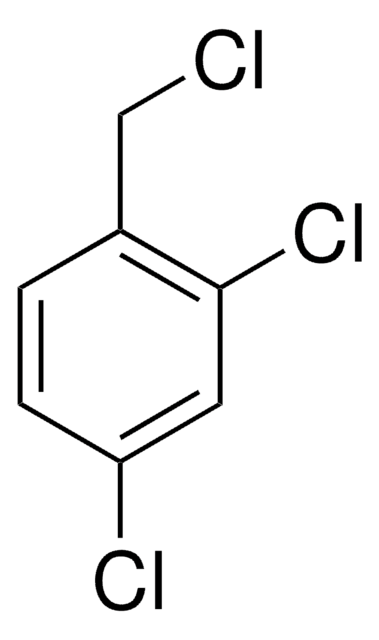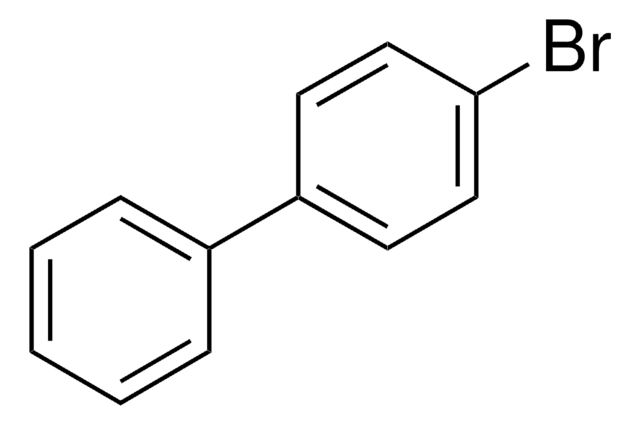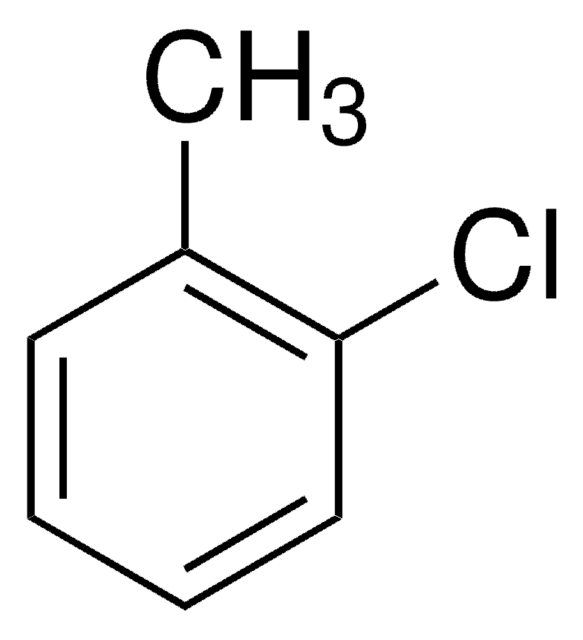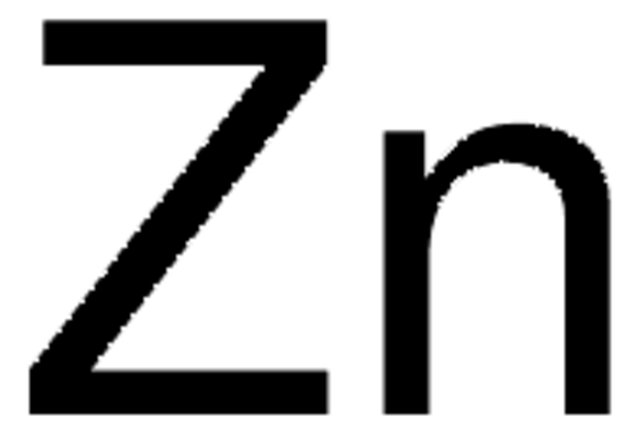145009
2,4-Dichlorotoluene
99%
Synonym(s):
1,3-Dichloro-4-methylbenzene, 2,4-Dichloro-1-methylbenzene
About This Item
Recommended Products
Quality Level
assay
99%
form
liquid
refractive index
n20/D 1.546 (lit.)
bp
200 °C (lit.)
density
1.246 g/mL at 25 °C (lit.)
SMILES string
Cc1ccc(Cl)cc1Cl
InChI
1S/C7H6Cl2/c1-5-2-3-6(8)4-7(5)9/h2-4H,1H3
InChI key
FUNUTBJJKQIVSY-UHFFFAOYSA-N
Looking for similar products? Visit Product Comparison Guide
Related Categories
Application
hcodes
pcodes
Hazard Classifications
Aquatic Chronic 2
Storage Class
10 - Combustible liquids
wgk_germany
WGK 2
flash_point_f
174.2 °F
flash_point_c
79 °C
ppe
Eyeshields, Gloves, type ABEK (EN14387) respirator filter
Certificates of Analysis (COA)
Search for Certificates of Analysis (COA) by entering the products Lot/Batch Number. Lot and Batch Numbers can be found on a product’s label following the words ‘Lot’ or ‘Batch’.
Already Own This Product?
Find documentation for the products that you have recently purchased in the Document Library.
Customers Also Viewed
Our team of scientists has experience in all areas of research including Life Science, Material Science, Chemical Synthesis, Chromatography, Analytical and many others.
Contact Technical Service